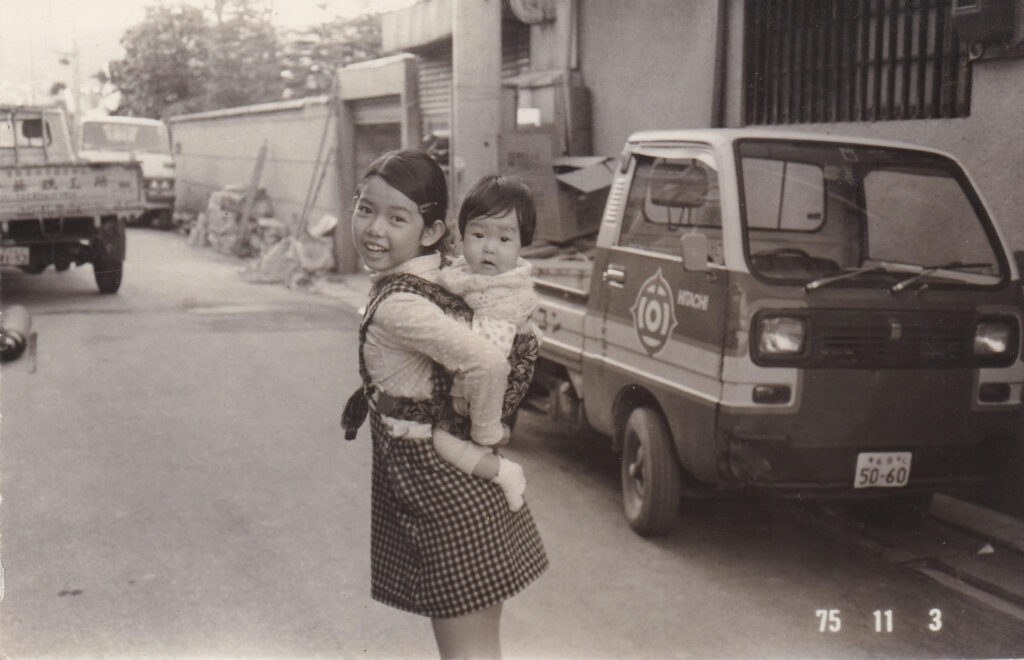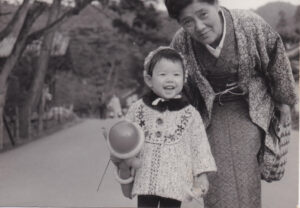Mika Nishimura , broadcast producer and director of Artika International was born and raised in Kyoto While studying at Deakin University in Geelong in the early 1990s, Mika wrote this essay, Cultural Identity of Japanese Immigrants and their descendants in Geelong.

Mika’s essay explores the cultural identities of Japanese immigrants and their descendants in Australia in the last 100 years. The research is based on a case study of three Japanese immigrants who came to Melbourne at the turn of the century and later established laundries in Geelong; Setsutaro Hasegawa, Motoshiro Ito and George Taro Furuya and their descendants, who mostly lived in Geelong at the time of this research.
Mika will be launching Untitled.Showa in Sydney on 15 April 2021 at Level Up @Central Park, Presented by 107 Projects.
Download Mika’s essay Part 1 and 2 below:
Mikas-essay-on-Japanese-immigrants-in-Geelong-1992-Part-1
Mikas-essay-on-Japanese-immigrants-in-Geelong-1992-Part-2
映像プロデューサーでArtika International のディレクターの西村美香さんは京都で生まれ育ち、1990年代
美香さんのエッセイは過去100年間、オーストラリアに移住した
美香さんには2021年4月15日にシドニーの107 Projects主催のLevel Up @Central Parkにて「Untitled.Showa」のプロジェクトのお披露目会 のスピーチをして頂く事になっています。
美香さんのエッセイPart1とPart2は下記からダウンロードできます。
Mikas-essay-on-Japanese-immigrants-in-Geelong-1992-Part-1
Mikas-essay-on-Japanese-immigrants-in-Geelong-1992-Part-2

Mika (at age 10) nursing her youngest sister, Kana on the side street in Yamashina, Kyoto.

Mika with her grandmother, Hatsue Nishimura (who taught her to read and write) probably at Maruyama park behind Yasaka shrine in Kyoto.

Mika (on the right) with her father, Keiichi Nishimura and her sister, Yumiko for Mika’s 7th and Yumiko’s 3rd ceremony (Shichigosan) we had at Yasaka shrine in Kyoto. This photo was taken in Maruyama park behind Yasaka shrine after the ceremony.
The interviews in this essay are priceless insights into the lives of the descendants of the Geelong Japanese and how they dealt with their heritage during an era in the forties, fifties and sixties when community feeling towards Japan was hostile.
Andrew Hasegawa さんの4月4日付けのコメントの翻訳:
このエッセイに掲載されているインタビューは、ジーロングの日本人の子孫たちの生活や、40年代、50年代、60年代、反日感情があった時代に、彼らがどのように自分たちの伝統に対処したかについての貴重な洞察です。